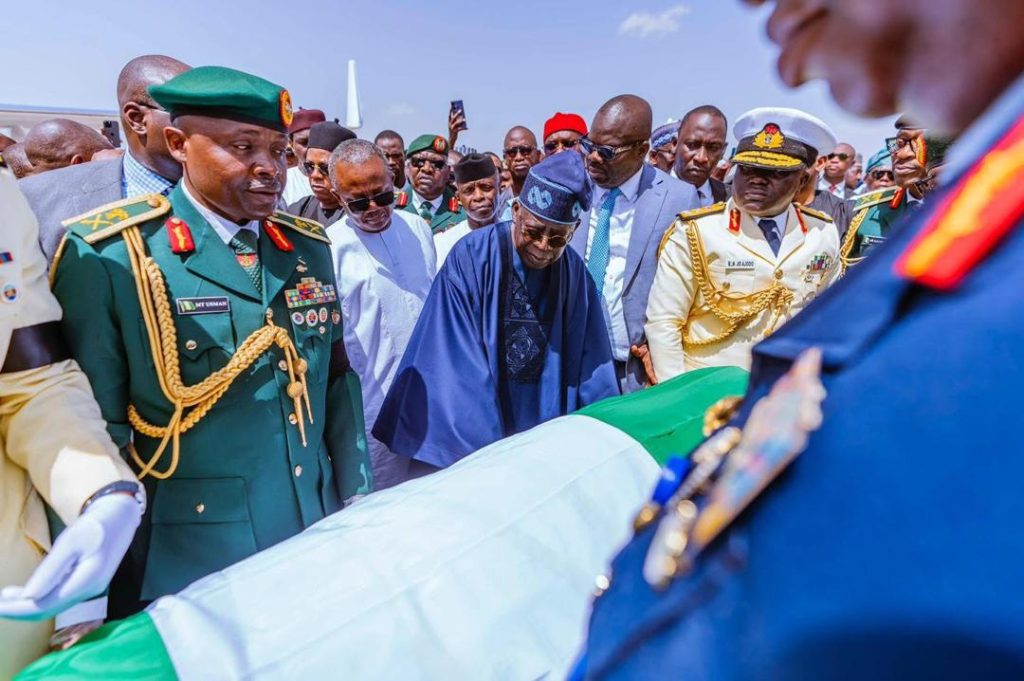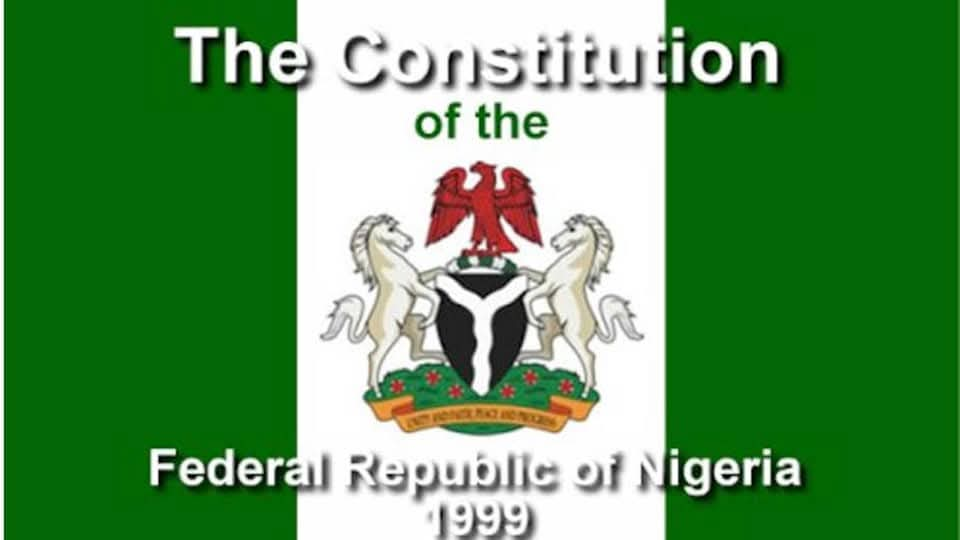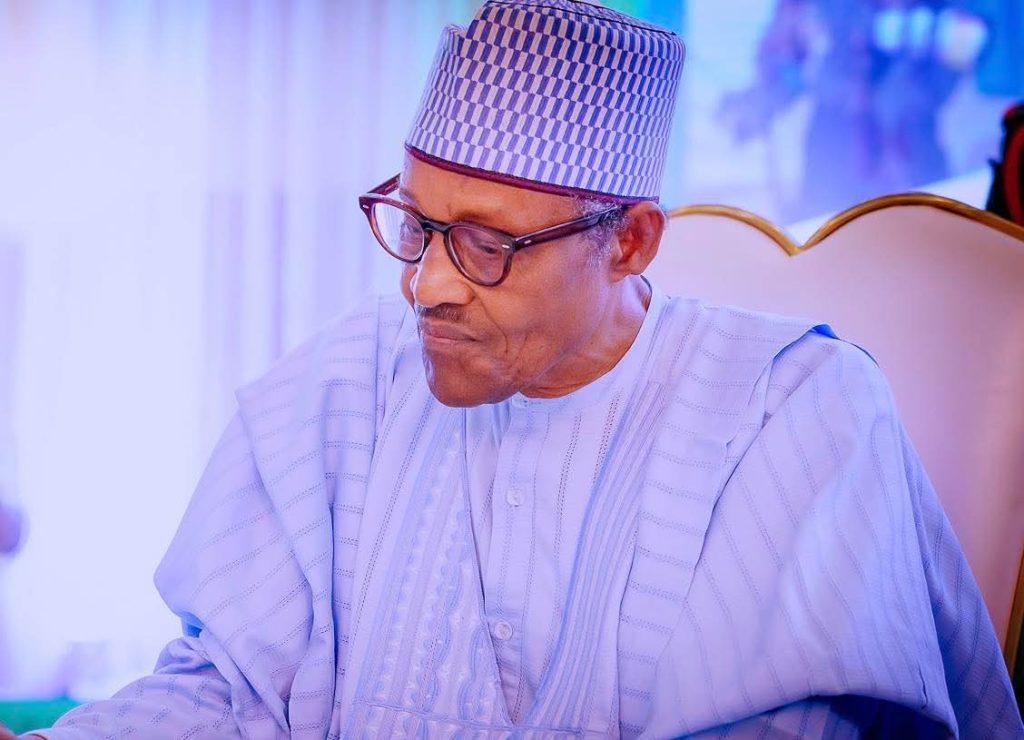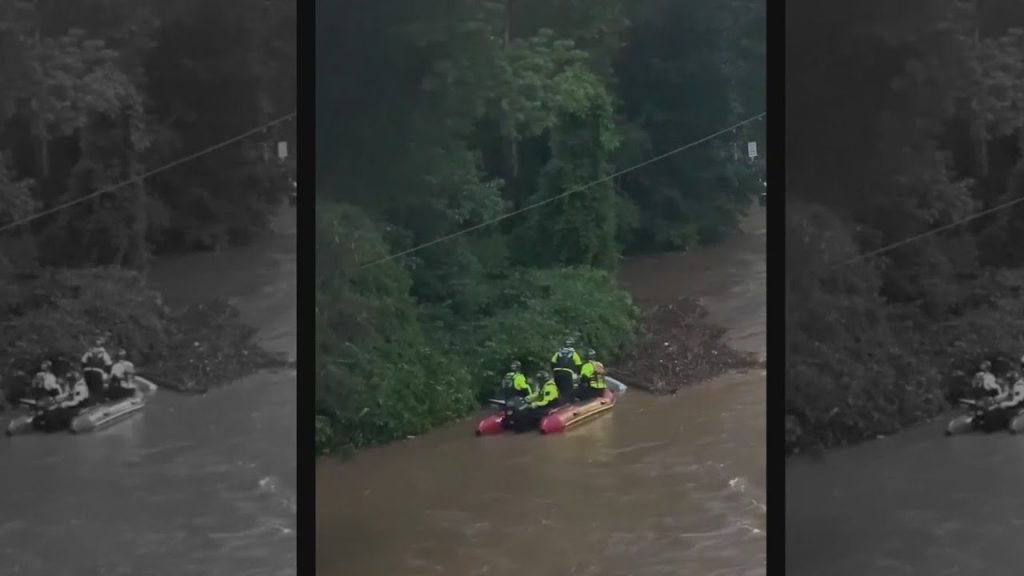Editorial
Kenneth Okonkwo’s criticism on Peter Obi: a rebuttal to weak leadership claims
Obi vs Fubara: who is stronger?

Keneth Okonkwo’s claim that the presidential candidate of the Labour Party, Peter Obi, was displaying weak leadership is absurd and worth a rebuttal.
Okonkwo, a Nollywood actor and former spokesperson for the party, made this criticism during a Sour TV conversation on October 5, which followed the Rivers State Local Government elections held on the same day.
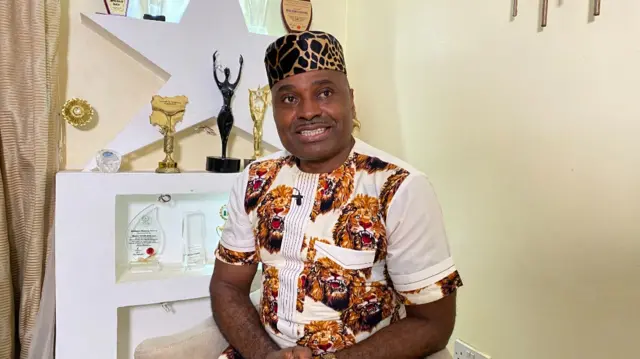
Keneth Okonkwo
Specifically, Okonkwo lauded Governor Siminalaye Fubara for defying obsatcle course to ensure the successful conduct of the elections, championing the people’s rights.

Peter Obi
He praised Fubara’s determination to press on despite the Nigerian Police Force’s withdrawal and resistance from supporters of Nyesom Wike, Minister of the Federal Capital Territory.
Stressing the quality of doggedness, Okonkwo proceeded to draw a contrast between Fubara and Obi, including pointing out the former president of the United States, Donald Trump, as a paragon of this determnation.
Okonkwo stated: “Look at what happened to Donald Trump. In America where security is everywhere.
“Yet, two times now they wanted to kill him. Every profession has its own risk.
“If you’re not willing to take the risk that is attached to any profession, step aside so that people who God gives that mind will go ahead and serve God in that capacity.
“If you’re a politician and you can’t stand for the people who voted for you, and because you don’t want to die, step aside because that’s what the job entails.
“Any politician that is not behaving like Siminalayi Fubara — who resists and protests when his rights are trampled upon,
“Knowing that our judicial system and our electoral system have failed us, no matter the risk to his person —
“I will not speak for that politician again, and I maintain it”
“And you can see what is happening because the Labour Party can’t go forward. “If Sim Fubara had been saying ‘calm down, calm down’, do you know where Rivers state would have been?
“He said he’s ready for them. He’s fully prepared. The election must go on.
“The election must be held. Winners must be declared.
“They will be sworn in, and whatever is going to happen, let it happen.
“I’m looking for leaders who would say, ‘nobody will rig my election, and if you rig my election, I will fight, and let us come out and fight’.”
Obi vs Fubara: Debunking Okonkwo’s Claim
Okonkwo is one man worth admiring because of his intelligence. He is incontestably articulate and brilliant.
However, in this context, Okonkwo’s articulation of Fubara’s action and trying to compare him with Obi is erroneous.
There are certain inconsistencies in his remark.
First, Okonkwo contrasted Obi with Trump who he said was an example of a strong leader.
But remember that earlier the Senior Special Assistance on Media and Publicity to President Bola Tinubu, Temitope Ajayi, drew a similarity between Obi and Trump in terms of their political approaches and strategies.
He made this remark on Twitter (now X) on September 11.
So, for the presidency, there is a parallel between Obi and Trump. But for Okonkwo, Obi is the opposite of Trump. Do you see the error here?
The way it is absurd to compare Obi and Trump is the same way it is absurd to compare Obi and Fubara.
Before explaining the absurdity of comparing the two, let’s draw a similarity between the two.
Obi vs Fubara: the way of nonviolence
Martin Luther king Jr was an eminent activist who fought for the rights and liberties of black communities in the 1960s. According to Luther, there are three ways in which a people could react to oppression.
The first way was the way of violence. But Martin said that violence was destructive and unproductive, and therefore abhorred it.
The second way was the way of acquiescence. By this way, a people choose to play along with the oppressive system or accept passively an unjust system. But Martin also rejected this way, arguing that accepting an unjust system will only embolden the oppressor.
Martin proceeded to propound a third way which he called the way of nonviolent resistance.
Now this is where to create a foundation of similarity between Obi and Fubara.
It is important to know that Obi and Fubara both commit themselves to the principle of nonviolence.
Fubara’s nonviolence
Just a few hours before hoodlums attacked some Local Government secretariats in Rivers State, Fubara
said this to his followers as well as the newly elected chairmen:
“I am aware they are mobilizing 20 people per unit to go and confront you tomorrow when you resume in your Local Government Headquarters.
“Please, if they are coming with violence, avoid them.
“The peace of this state is too important to us.

Governor Siminalaye Fubara
“Everybody knows what they are planning.
“But please, I want to beg everyone to follow my approach.
“At the right time you will always win if you are patient and calculative.
“We have made our promises to the people.
“We are going to lead them to the promised land.
Obi’s nonviolence
In Peter Obi’s case, after corrupt government officials rigged the 2023 election and declared the All Progressives Congress winner, this set the country on the verge of conflagration. But one man stood and said, “be calm” and the whole Nigeria kept calm.
Part of Obi’s statement reads: “However, let me humbly and most respectfully appeal to all Nigerians to remain peaceful, law-abiding and conduct themselves in a most responsible manner.
“Please be assured that for Datti and I, and indeed for all of us, this is not the end, but the beginning of the journey to birth a New Nigeria.
“If we seek to be called Your Excellency, then the process through which we are elected should also be excellent or sufficiently credible to generate the required confidence and moral authority to govern and lead.
“As you all know, the destruction of a society can be a gradual or sudden process through acts such as deliberate refusal to obey the rule of law and via the suppression of the will of the people”.
Great! Now we are gradually coming to the peak of this gist.
One action that made Okonkwo call Fubara a strong leader was his daring confrontation with the Nigerian police personnel when they invaded the headquarters of the Rivers State Electoral Commission and Fubara’s eventual holding of the election.
On the other hand, he called Obi weak because of his ‘keep calm’ mantra.
Who is stronger: Obi or Fubara?
Now we have come to the peak of this matter, which is: who is a stronger leader? Obi or Fubara?
Again, comparing Obi and Fubara is totally absurd because the two politicians rose from entirely different political circumstances.
However, if we proceed to compare them despite these circumstances, Obi will certainly have the upper hand.
Just to give you one example, Fubara emerged as a governor on a silver platter. As an immediate Accountant General of Wike’s administration, Wike coopted him into the gubernatorial race with a bit of resistance.
Ordinarily, Fubara could not have afforded the financial cost of nomination due to his civil service job. Wike bought a nomination form for him. Fubara was unknown.
In fact, in one recent interview on Channels TV, Wike recently said that Fubara wouldn’t have got even the fifth position in the gubernatorial race.
Responding to a question on what Fubara had done to him from one of the TV’s anchor, Seun Okinbaloye, Wike has this to say:
“No, no. It is not about me.
“People laboured to put up a structure.
“He wouldn’t have even taken the fifth position. People laboured”.
Stoop to conquer: a tactic Fubara used, Obi did not
Now. Stoop to conquer is a tactic in politics.
The “Stoop to Conquer” strategy in politics is all about temporarily yielding or compromising to ultimately achieving a greater goal or gain the upper hand.
This strategy requires patience, calculation, and a deep understanding of the game.
In the case of Fubara and Wike, it’s clear that Fubara employed this strategy to outsmart his former mentor. Wike, who was instrumental in Fubara’s emergence as Governor of Rivers State, expected loyalty and obedience from his protégé.
However, Fubara began to assert his independence, which didn’t sit well with Wike.
By “stooping” to Wike’s demands and appearing to compromise, Fubara conquered the narrative and gained the upper hand.
He outmaneuvered Wike, securing his position as Governor and paving the way for a new era in Rivers State politics.
Obi met the governorship race when Anambra state was a cesspit of corruption
Obi met the governorship race when Anambra state was a cesspit of corruption, hooliganism and entrenched godfatherism.
An article published by Premium Times on November 24, 2017 stated:
“After the return to democracy in 1998, Chinwoke Mbadinuju became the Peoples Democratic Party candidate for Anambra State governorship after a stiff competition with A.B.C. Nwosu…
“Mr. Mbadinuju was elected Governor in April 1999 and is still derided as posting the worst performance in the office since the creation of the state in 1991.
“Mr. Mbadinju’s campaign was bankrolled by Emeka Offor, a businessman.
“After a fallout between godson and godfather, the face-off between the two men crippled the machinery of government in the state.
“By September 2002, unpaid teachers had been on strike for a year and civil servants and court workers had been on strike for months.”_
Regarding Dr. Chris Ngige’s illegal grab of power, the article continued:
“Among the politicians Chris Uba, another businessman, “sponsored” in 2003 was PDP gubernatorial candidate, Chris Ngige.
“The terms of their relationship were spelled out in remarkably explicit fashion in a written contract and declaration of loyalty that Mr. Ngige signed prior to the election.
“It is widely believed that a copy of the contract was authenticated at the infamous Okija shrine.
“Relations between Mr. Ngige and Mr. Uba deteriorated rapidly after the polls.
“In July 2003, Governor Ngige after rejecting some of Mr. Uba’s demands, was kidnapped by armed police officers and forced at gunpoint to sign a “letter of resignation.”
To crush this regressive convention, Peter Obi contested for the governorship of Anambra state in 2003.
To crush this regressive convention, Obi contested for the governorship of Anambra state in 2003. Opponents ridiculed because of lack of experience in politics.
But he never succumbed to this scorn. From village to village, Obi spoke to the Anambra youths who yearned to wipe out bad governance and godfather politics in the state. Anambra State held the Election on 19th April 2003.
Obi won the election, but his mandate denied him. He fought his vicious rivals nonviolently, but actively in court and eventually reclaimed his mandate.
When Fubara got his Master of Business Administration in 2013, Obi had already tenaciously fought his way through a rigorous obstacle course to power.
By 2015 when Fubara became Director of Finance and accounts in Rivers State Government House, Obi had already completed eight years of leadership in Anambra state and people revered him as a hero.
That was why the then president Goodluck Jonathan bestowed a new political appointment on him.
So you see, the contexts are different. It was only when Gov. Fubara became Governor that he started to fight. But Obi was already a warrior before he became governor.
And when rivals stole his mandate, he fought with doggedness. At a point, even some of his supporters persuaded him to quit, but he refused. And in the end he won.
Obi is not against protest as Okonkwo implied.
Moreover, Okonkwo believes that a politician fails who does not emulate Fubara’s protest and resistance.
But the truth is that Obi has nonviolence as his foundational principle.
Of course, we have nonviolent protests or demonstrations. But Obi might have felt that INEC’s declaration of Bola Tinubu as president -elect in 2023 triggered a volatile situation.
Therefore, Obi felt that protest at that time was a wise decision.
So, he called for calm and Nigerians obeyed him.
However, Obi is not against protest as Okonkwo implied.
In the buildup to the end- bad-governance, Obi expressed his support for the protest.
He stated that it was sanctified by the Nigerian constitution and that its sponsors were nothing but hunger.
“Protest is allowed within the Nigerian Constitution”.
According to him, the Constitution permits protests.
“All I plead is for all of those who are protesting to do so within the law.
“And in a civil manner, that allows us as a nation to show that we live within the law.
“When they talk about the sponsors of the protest, I say the sponsors are very simple.
“It is hunger, and hopelessness among the youths.
“So we all have to listen to what Nigerians are going through.”, Obi expressed.
Great! By now it ought to be cristle-clear that Fubara and Obi have different nonviolent approaches to political injustice. Both have displayed remarkable heroism in their Political circles.
It is not exactly right to compare the two. But if any kind of comparison is possible, Obi’s political strides are clearly outstanding!
For Diaspora Digital Media Updates click on Whatsapp, or Telegram. For eyewitness accounts/ reports/ articles, write to: citizenreports@diasporadigitalmedia.com. Follow us on X (Fomerly Twitter) or Facebook




